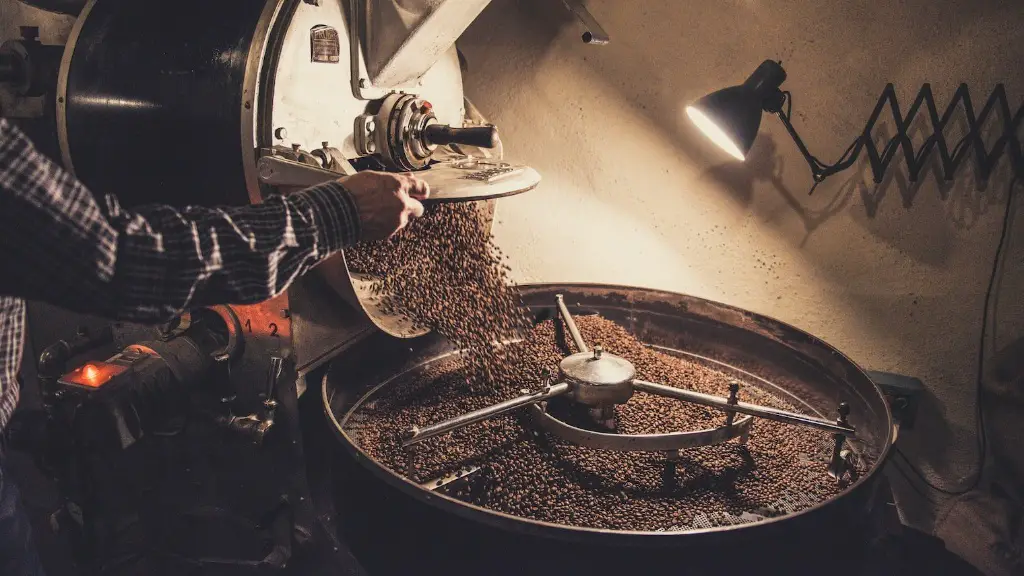Overview
Intermittent fasting is a popular diet recently backed by scientific evidence. It involves periods of fasting, usually lasting between 16 and 24 hours, followed by a period of eating. The diet involves not consuming any calorie-containing fluids, including water and coffee. This article will provide an overview of intermittent fasting, the advantages and disadvantages of fasting, and the debate regarding drinking water and coffee during fasting periods.
What is Intermittent Fasting?
Intermittent fasting (IF) is an eating pattern that alternates periods of eating with periods of fasting. Generally, it involves periods of fasting lasting between 16 and 20 hours, followed by a period of eating. The most popular version of IF is known as the 16:8 diet, in which eating is restricted to an eight-hour window every day, while fasting is observed for the remaining 16 hours. During this time, no calorie-containing liquids, such as water and coffee, are allowed.
IF has been practiced for centuries, but it has gained traction in recent years as more scientific evidence has emerged to support its efficacy for weight loss, health, and longevity. A recent study found that the 16:8 IF diet led to a greater reduction in body weight than the traditional calorie-restricted diet.
Pros and Cons of Intermittent Fasting
There are a number of pros and cons associated with IF. On the one hand, research has shown that IF can help to decrease total body fat, lower cholesterol levels and improve insulin sensitivity. In addition, IF can reduce the risk of chronic diseases such as diabetes and cardiovascular disease.
On the other hand, IF can be difficult to maintain long-term, as it requires a great deal of dedication and self-control. Also, some people find it difficult to abstain from food and water for extended periods of time, leading to feelings of hunger, dizziness and dehydration.
Water or Coffee During Fasting?
The debate over whether or not to drink water or coffee during intermittent fasting is an ongoing one, with proponents of both arguments. Many experts believe that drinking water and coffee are acceptable during periods of fasting, as long as they contain no calories. It is important to note, however, that some experts argue against this practice, claiming that even calorie-free liquids will disrupt the body’s natural fasting process and reduce the effectiveness of the diet.
Does Intermittent Fasting Slow Metabolism?
Some people claim that intermittent fasting slows metabolism and can even lead to weight gain. However, there is no scientific evidence to support these claims. In fact, several studies have shown that IF can boost metabolism and reduce appetite, as well as reduce body fat, cholesterol levels and improve insulin resistance.
Intermittent Fasting and Mental Health
Intermittent fasting has been found to be beneficial for mental health. Studies have found that IF can improve concentration, reduce stress and anxiety, and improve mood. This is likely due to the fact that fasting increases levels of hormones in the body associated with mental well-being, such as endorphins and serotonin.
Conclusion: Does Intermittent Fasting Work?
While there is still much to be learned about the potential benefits of intermittent fasting, available evidence suggests that it is an effective and safe option for weight loss, health, and longevity. There is also evidence to suggest that IF can have positive mental health benefits. However, whether or not to drink water or coffee during periods of fasting is the subject of debate, with some experts arguing in favor and some against. Thus, it is important to practice caution when deciding to follow an IF plan and to talk to a doctor or dietitian before starting.

